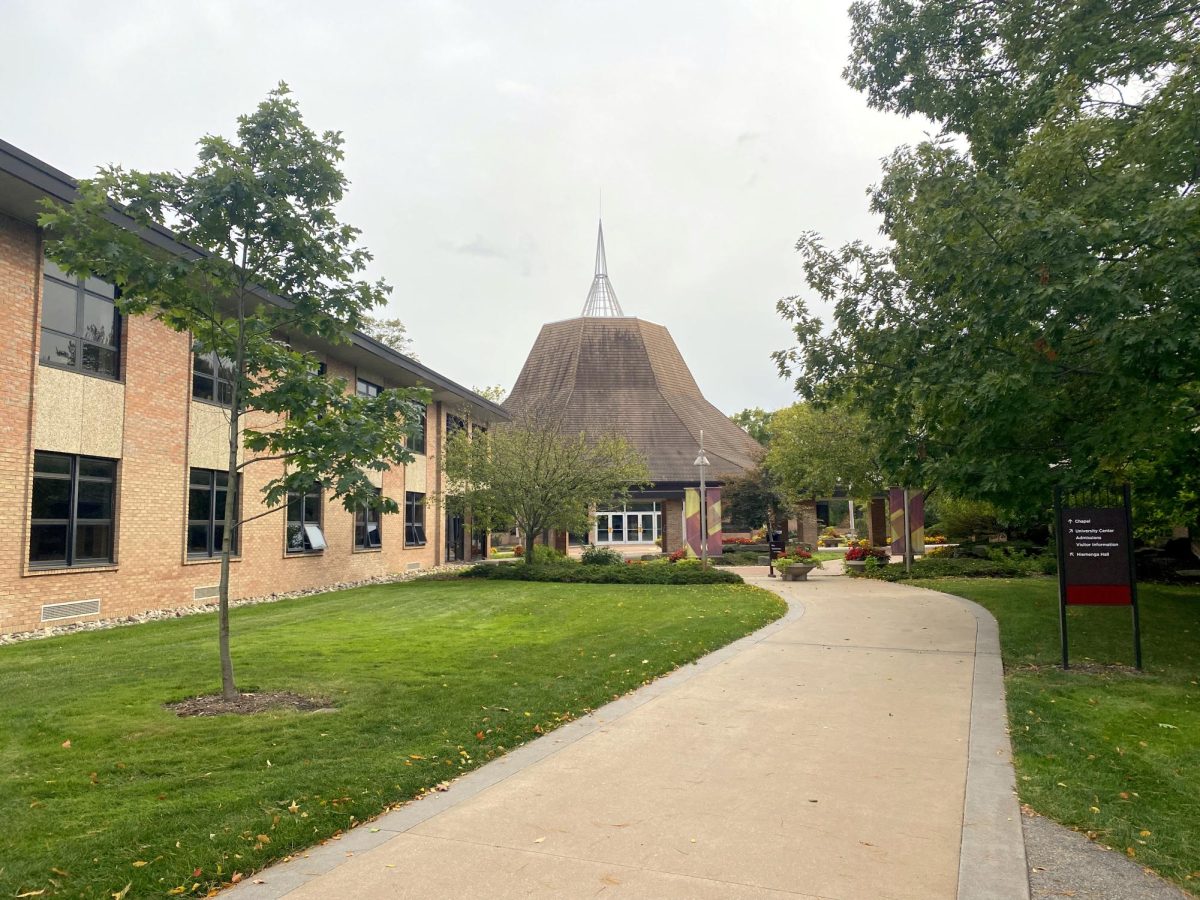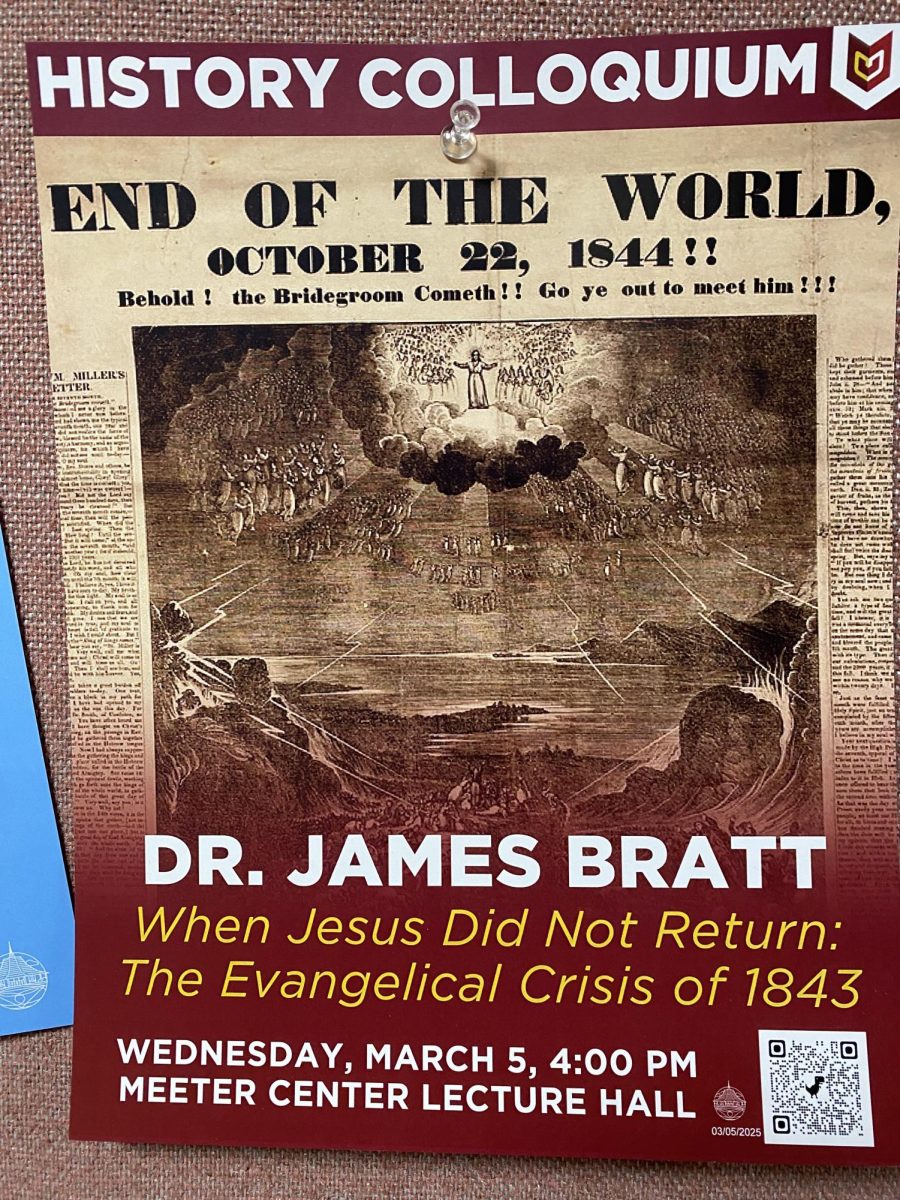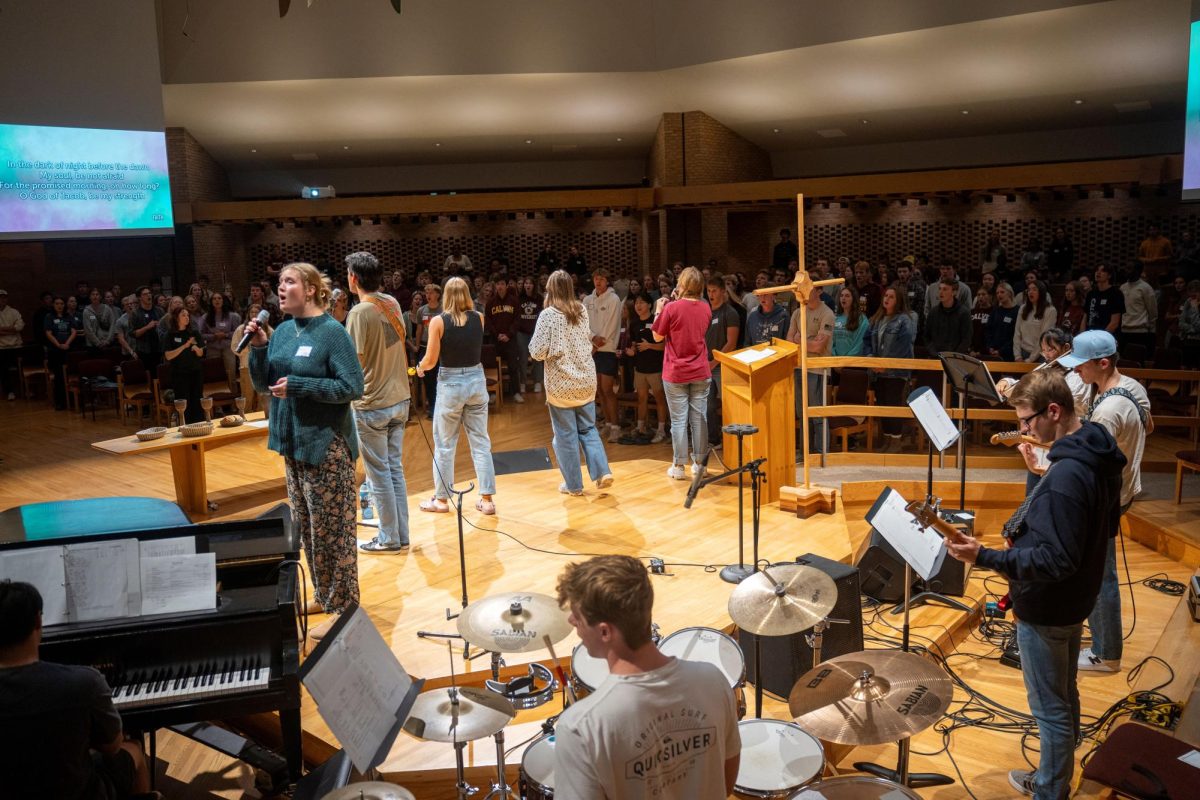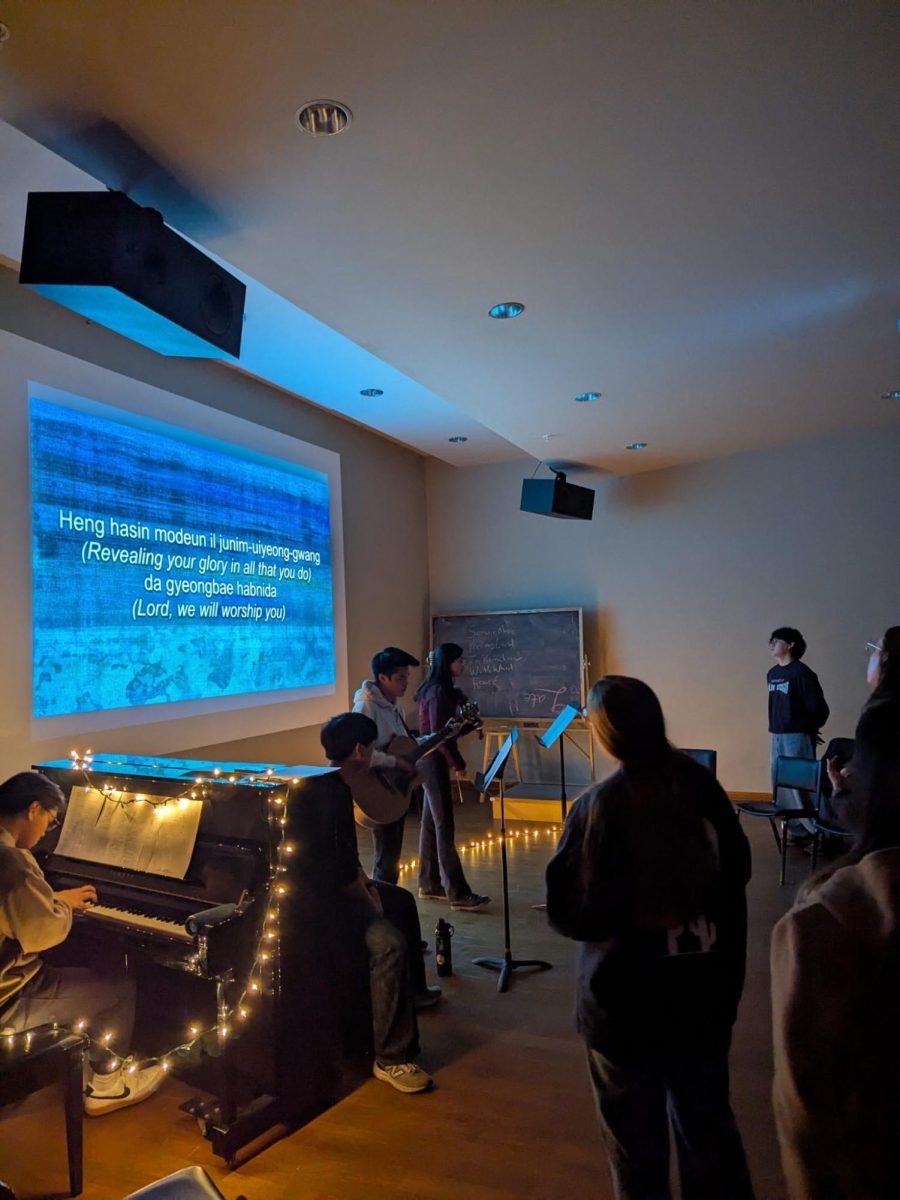As faculty chapel attendance remains consistently low, administrative staff and faculty alike speculate that solutions such as continued changes to campus-wide administrative and scheduling practices, as well as personal schedule prioritization, may increase attendance.
The Calvin faculty handbook states, faculty are “welcome and encouraged to be frequent attenders” of daily chapel services. However, according to Worship Pastor Paul Ryan, in the 20 years he’s served at Calvin, faculty chapel attendance has never been substantial. Those who do come, he said, tend to prefer Wednesday and Friday chapels the most, while on Tuesdays and Thursdays he will “periodically see maybe one or two” faculty members at chapel.
While faculty chapel attendance might be low, Dean of Humanities, Arts and Social Sciences Benita Wolters-Fredlund does not think this marker defines the quality of faculty spiritual development. After completing programs like the Kuiper seminar and the DeVries Institute Fellowship for Faith and Learning, which teach faculty about the integration of faith and teaching, Wolters-Fredlund said that faculties’ personal spiritual development is especially considered. Not only do they have to furnish a letter from their pastor describing their church life “but they also need to demonstrate how they’re bringing their faith into the classroom and into their scholarship… So the bar is actually really high.”
The fact that so many faculty are so involved in their churches — serving as deacons, worship leaders, elders, etc. — may be a reason they attend chapel less frequently, according to de Vries Institute for Global Faculty Development Director Matthew Lundberg.
“Most faculty are quite engaged in their home churches…so there might be a bit of a culture of when they’re at work they’re working, and then their church life is busy in a different way, in a different space,” said Wolters-Fredlund.
The consensus of several deans who spoke to Chimes is that consistent, relatively low faculty chapel attendance may be attributed to campus-wide scheduling practices, as well as recent administrative changes like budget cuts and the switch to a four credit system. Arlene Hoogewerf, dean of School of Science, Technology, Engineering and Mathematics, said that when she was a professor, she often struggled to get to chapel because of her class schedule.
“If I’m teaching before, then there are students who are staying after class and have questions…and so then you look at your watch, and you think, ‘okay, well, now chapel’s already started, and now I’m walking in kind of midway, and I’m not going to do it,’” said Hoogewerf.
Wolters-Fredlund echoed Hoogewerf’s scheduling concerns, saying that if she was teaching a class right after chapel, she found herself spending that time prepping and “getting in the headspace to teach.”
The effects of COVID-19, departmental cuts, adjunct faculty increases and the credit hour change have not eased this problem of class prep interfering with chapel, according to Wolters-Fredlund and David Wunder, dean of faculty development. Increased workloads have caused more and more faculty to become “jealous for whatever time they have,” said Ryan.
Departmental and administrative meetings sometimes create even more of a barrier, said Wunder, though meetings have become less likely to be scheduled during chapel recently. In the last three or four years, he said, “I do think we’ve gotten better with safeguarding and preserving that time.”
For chemistry professor Herb Fynewever, making chapel a scheduling priority allows him to come to chapel around “80% of the time,” he said. In Fynewever’s experience, an increased workload does not prohibit him from coming to chapel frequently. “We fill whatever time we have available to ourselves,” he told Chimes. “I come to school every day at about 8:45…I go home at 5:20…If I skip chapel, I don’t go home earlier, I don’t get more work done…I just end up wasting time doing something else instead.”
Fynewever finds the broader campus culture of scheduling activities during chapel time to be “working at cross-purposes with campus ministries.” For him, a unique aspect of a Christian university is the ability to gather together in worship, and so he feels encroachments on chapel time, even for meeting with students before and after class, lessens campus unity.
Personally, Fynewever solves this problem of scheduling by putting chapel on his Outlook calendar that is accessible to students and staff to check his availability. “When someone tries to schedule a meeting with me…they see that I have chapel scheduled,” he said, “What keeps me going is to make it the default.”
Still, Wolters-Fredlund, Hoogewerf and Wunder all view current chapel attendance as “a missed opportunity.” Wunder especially finds that chapel can be “a really authentic worship experience” for faculty which can help them feel more centered throughout their day. Encouraging faculty on an individual level to make chapel a priority in their schedules and even to plan on going with a fellow faculty member, said all three, could help faculty to overcome challenges to attending.







